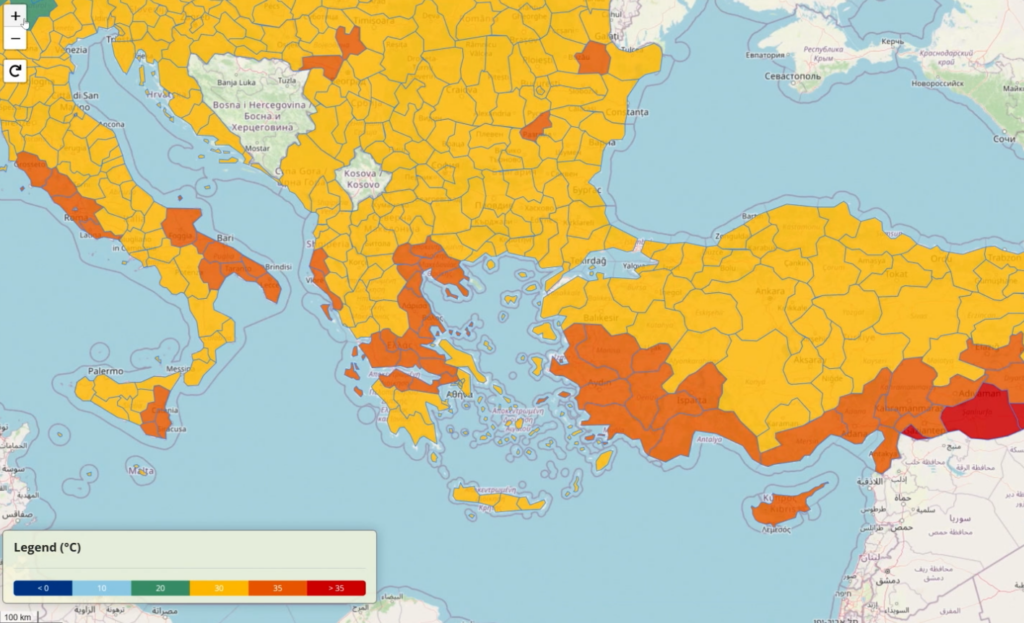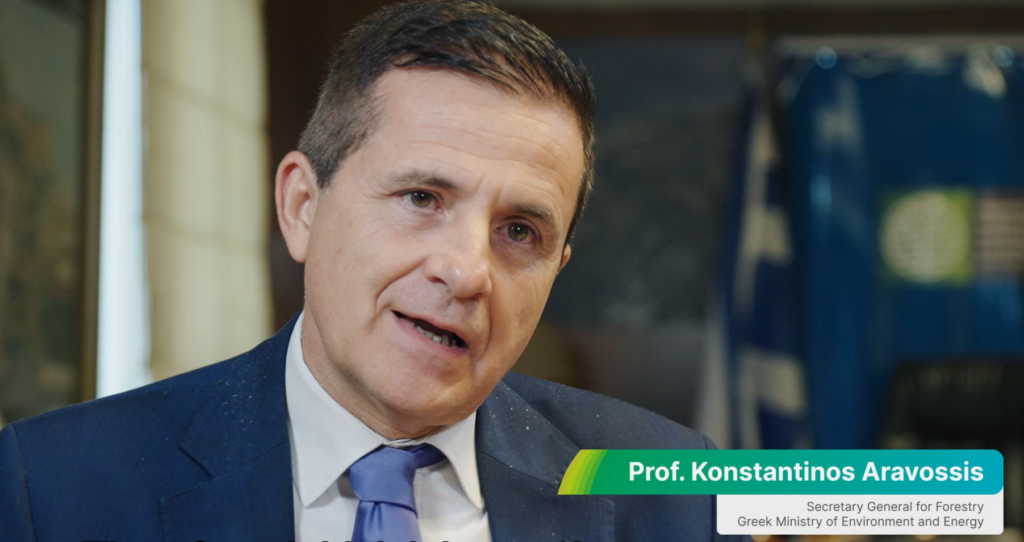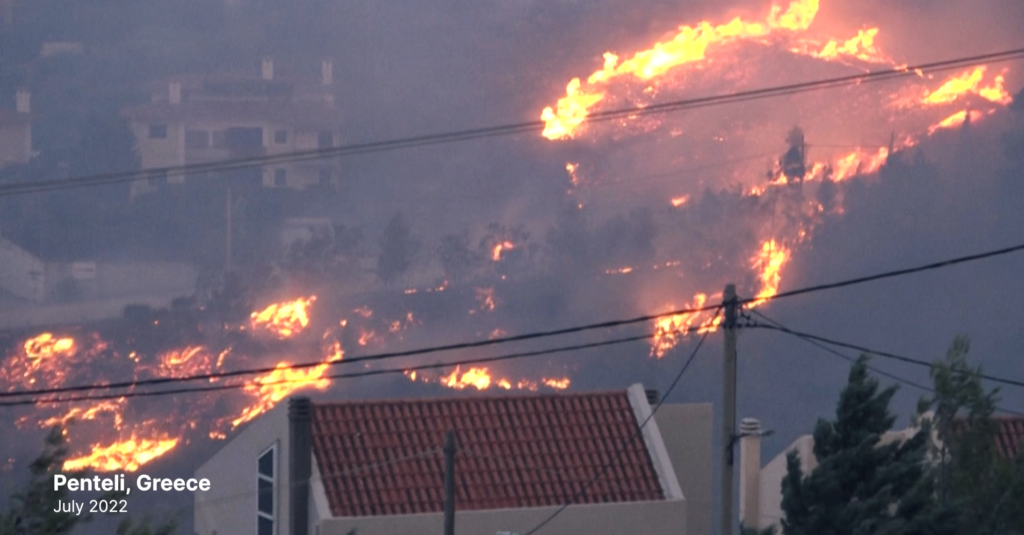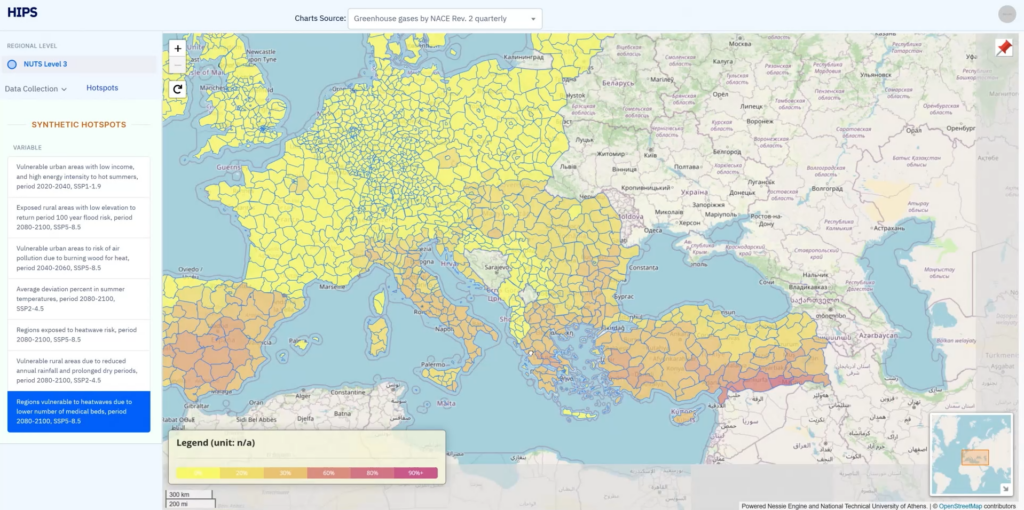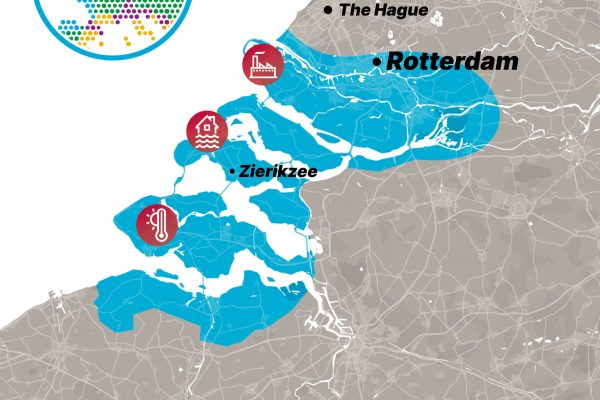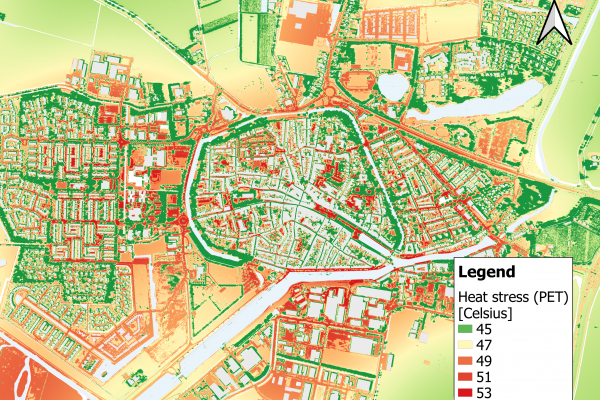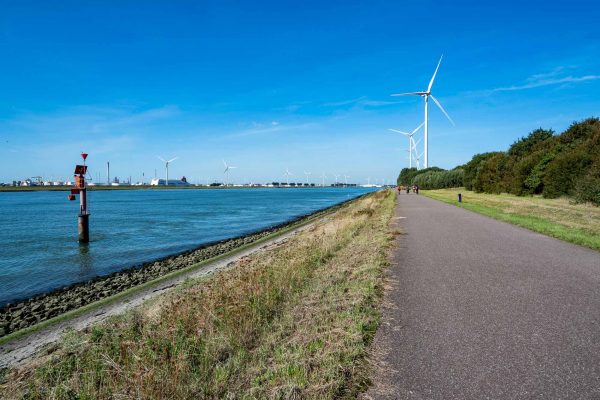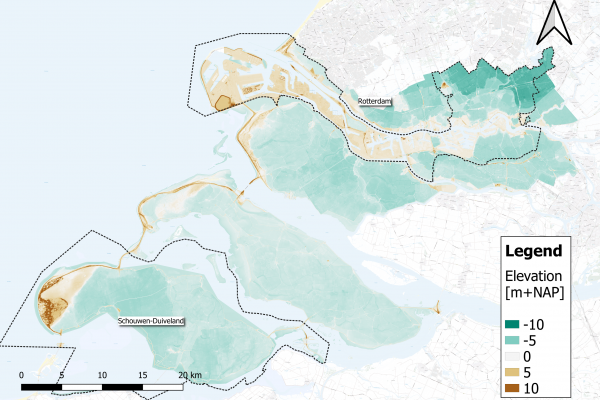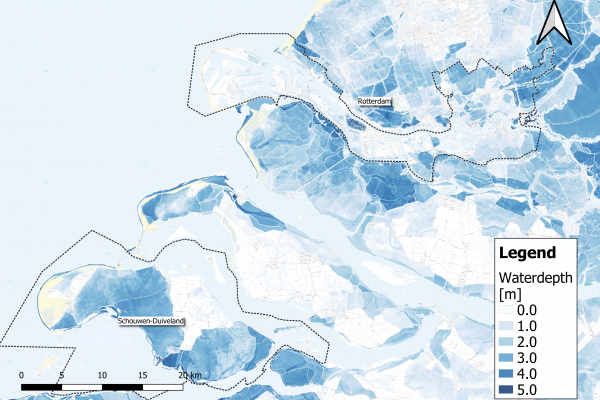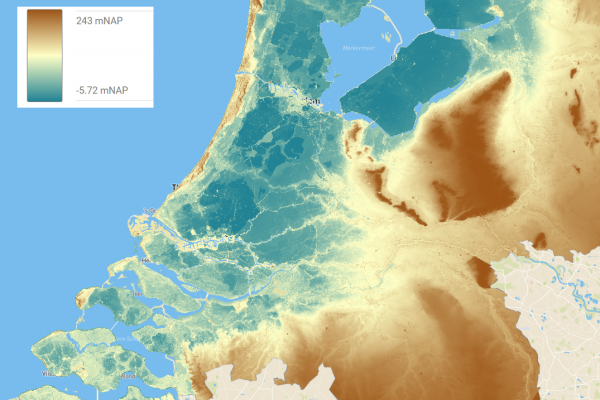In recent years, Greece, like several countries in the Mediterranean, has faced an escalating environmental crisis, with wildfires, flash floods, and extreme weather events underscoring the need for EU-wide solutions to climate adaptation. Partners of the EU-funded IMPETUS project are working to find such solutions.
Last summer, Greece grappled with a relentless series of wildfires that have left a lasting impact on the nation. Over the last three years, approximately 321,000 acres of land have been consumed by these devastating fires, equivalent to five times the area of Athens.
Addressing the effects of the climate crisis has become increasingly urgent as wildfires, flash floods, and extreme weather events have taken their toll, causing both economic and human losses. Mediterranean countries like Greece are particularly susceptible to the adverse effects of climate change, as the region is experiencing warming at a pace significantly faster than the global average.
Professor Aravossis from the Ministry of Environment and Energy in Greece emphasizes the need for immediate action, stating, “We had deaths, people not only suffering economically, but also we had the people that lost their lives. Therefore, I think it is very important to act now.”
Mapping the at risk areas with the HIPS tool developed by IMPETUS
One particularly vulnerable area, Penteli, located about 25 kilometers northeast of Athens, has witnessed repeated wildfires, with the most recent occurring in July 2022. Local residents have faced the devastating aftermath, including burned cars, forests, and mountains.
These regions in Attica are struggling to recover from the damage they have already endured, and they lack the economic means and capacity to adapt to future catastrophes. Immediate assistance is crucial to help these communities.
The impact of climate change is not uniform, and it disproportionately affects vulnerable populations. Socio-economic factors, such as wealth, employment rates, and infrastructure, play a crucial role in determining a region’s adaptability or vulnerability to climate change. These vulnerable regions facing high climate risk are often referred to as ‘hotspots.’
In an effort to address these climate hotspots and prioritize areas for intervention, partners at in the EU-funded IMPETUS project are working on new digital tools such as the Hot-spot Identification and Prioritization Service – HIPS (still in beta phase). This online tool combines climate data from satellites with population information to identify regions lacking the means to cope with climate risk.
Professor Makropoulos notes, “The bottleneck in taking evidence-based or database decisions was the unavailability of data. Now, over the past few years, things have moved a lot, the collection of these types of information, the socioeconomic bottom-up information, if you like, has become more widespread.”
Within the context of the IMPETUS project, researchers predict that the Attica region will experience prolonged heatwaves, with temperatures projected to reach an average of 35 degrees Celsius within the next fifty years. Reduced rainfall is also expected in this Mediterranean region, making hotter and drier summers conducive to wildfires.
While some forest fire cases may result from arson, climate change accelerates the accumulation of dry, flammable material in the forests, enabling fires to spread more rapidly.
Taking preventive measures
To address these issues, Greece is implementing a national forestation plan, covering nearly 180,000 acres over the next three years. This initiative is particularly crucial for the mountains of Attica, where wildfires have left barren landscapes that increase the risk of floods and mudflows.
The Municipality of Mandra, which suffered flash floods in 2017, is another hotspot in the process of recovery. The economic and emotional impacts of these disasters have been profound, with residents still grappling with the aftermath years later.
In November 2022, flash floods hit central Greece, claiming 16 lives, while a November flood in Attica resulted in 25 deaths and hundreds of people becoming homeless.
The Greek government is taking comprehensive action, with new climate laws aimed at mitigation and adaptation. The targets include achieving carbon neutrality by 2050, reducing greenhouse gases by 55%, and transitioning to renewable energy sources by 2030. The “Hot-spot Identification and Prioritization Service” is expected to play a pivotal role in introducing new policies to support vulnerable populations.
Professor Aravossis underscores the importance of immediate sustainability actions, stating, “If we don’t take immediate sustainability actions, there will be a great risk for mankind’s survival.”
The fight against wildfires in Greece serves as a stark reminder of the urgency of addressing climate change and taking collective action to protect both the environment and vulnerable communities across the EU.
